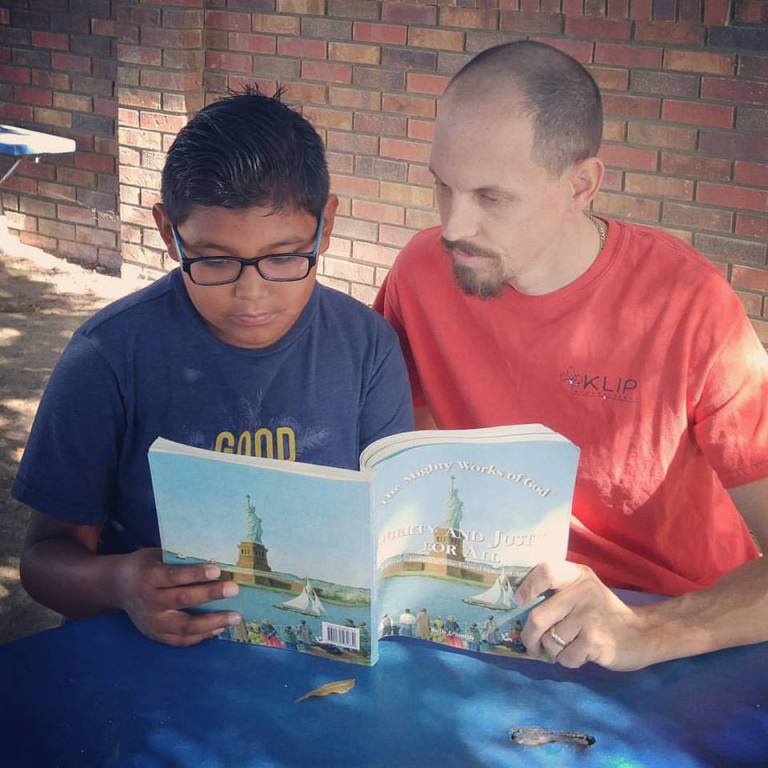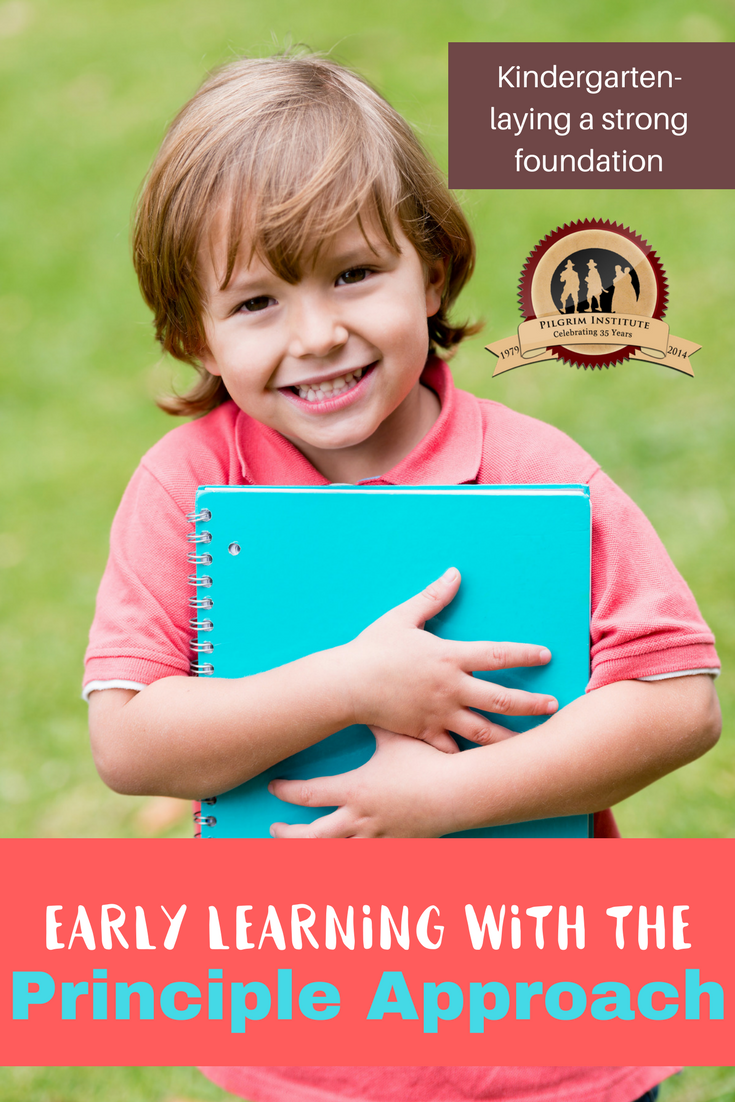
Is there a curious, adventurous, eager, energetic, early-elementary youngster in your home, family, or classroom? Whether you’re the parent, educator, grandparent, mentor, family member, or friend, you have the opportunity to influence this child in a manner that could be significant for years to come.
Do you wish to educate in a method and philosophy that will continue to influence the student’s life after they have left your home or classroom? If so, it is helpful to realize that your goal is not just to educate the mind. Your teaching must reach the heart.
At every point in the process, be intentional about cultivating in the student an interest for the subject you are teaching. Ask yourself, “How does my teaching inspire my student to be interested in learning more?”
It may be helpful to begin with a subject that already interests your student. Look for ways to cultivate this natural interest.
Are they curious to know why things happen as they do? Science is a great way to focus their curiosity. Help them to continue asking questions and discovering the answers. Perhaps a book of science experiments would serve to lead the student from natural curiosity to the joy of learning more.
Are they logical and methodical in their thinking? Mathematics is rich with opportunities to master the art of computation in a manner that builds mastery. Learning math facts by rote drill and memorization, without understanding the principles of mathematics, will stifle the student’s interest. “This condition can be corrected by teaching arithmetic from the Principle Approach…” (Mr. James Kilkenny, “Teaching Arithmetic from the Principle Approach” in A Guide to American Christian Education)
Perhaps they are captivated by people and places. History, geography, and literature, if presented well, will deepen their interests and expand their thinking.

The early elementary years are foundational for unlocking the excitement for learning and the capacity to express ideas. Children advance in their skills through practicing phonics (both reading and spelling) and sharpening their communication skills (grammar and writing).

Physical activity is, of course, important for all of us. Additionally, young children can begin to appreciate the fine arts. So, be sure to make room for these activities.
As you make educational plans for the child(ren) you influence, you have much to consider. How will you encourage the student to pursue their God-given abilities? How will you cultivate their natural interests and encourage further discovery and learning? How will you interest them in the disciplines that do not come easily?
Most of all, how will you engage their heart through learning?
It is important to recognize how each academic discipline is an outworking of the nature and character of God. After all, God Himself is the origin of our universe, the Creator who designed in perfect detail every aspect of our lives.
If we choose to pursue learning in a manner that invites children to learn about both the Creator and the creation, we can be confident that their hearts will be inspired and their minds enlightened. Are you ready for that journey? It has incredible opportunities for you and those you teach.
Resources to help you:
Teaching and Learning in the Primary Grades with the Principle Approach